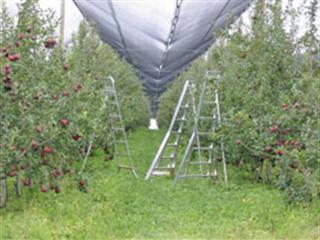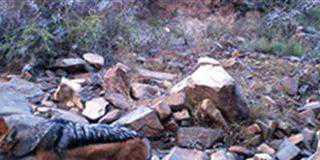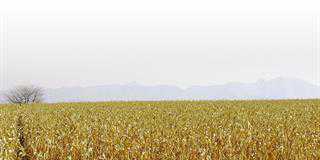
Who is South Africa’s biggest importer of deciduous fruit?
The UK is our biggest market. It takes 14% of the deciduous fruit produced in SA. Africa currently absorbs 12% and this is still growing. It’s a very discerning market. Africa expects high quality fruit, though its grading systems differ from Europe’s, so the standard is slightly lower. We’re also seeing a shift in the cultivars Africa is interested in. There’s a shift from wanting Golden Delicious to Royal Gala apples and pears, the latter being unusual.
Which fruit-producing countries are SA’s biggest competitors in terms of quality and markets?
Europe, and specifically Italy, France and Poland, are our biggest competitors. Although China produces 50% of the world’s apples and 60% of the world’s pears, it consumes everything it grows. I think the EU is facing tough times. Next season’s crop has been ravaged by cold and a massive earthquake in Italy – one of Europe’s biggest deciduous fruit producers. About 60% to 70% of the crop has been destroyed.
Diphenylamine (DPA) fungicide recently lost its registration for use on fruit going to the EU. What impact will this have on the export industry?
DPA is needed when fruit is put in cold storage to prevent it from scalding. The loss of registration is creating a situation where fruit is arriving in Europe with scalding. This is an especially big problem for pears as the shelf life is shorter. There are no alternatives that farmers can use instead of DPA. This doesn’t mean that the fruit is now unsellable.
It just restricts longer term marketability. Consequently, we’ll see less fruit going to the EU. Germany leads the way for regulations in the EU and it’s obsessed with Greenpeace. This causes problems for fresh produce exporters because every year the EU imposes new regulations, limiting what can be used on fruit. At some point it’s going to regulate itself out of the market.
What can farmers do to ensure profitability in an environment where the consumer is increasingly insisting on zero minimum residue levels on fruit?
It’s a tough challenge, and the solution is to look for markets outside of the EU that don’t have such strict regulations. The Far East, Middle East, Africa and Canada are examples. SA struggles to keep up with EU labs. The Germans have top-end labs which can pick up the smallest residue. This creates problems for us, because SA has to match German labs. If our equipment doesn’t pick up residues, but the German equipment does, our fruit isn’t accepted.
These increasingly strict regulations are not feasible. At some stage, someone will have to draw a line in the sand and this will happen when the EU’s own producers can no longer cope with the regulations. Organic deciduous fruit production isn’t feasible. We had one such grower in SA a few years ago, but he went out of business.
What are SA farmers doing to retain market share in a competitive export market?
There are three big companies that represent 65% of the deciduous fruit producers in SA, and we are all active in the same markets. The fact that we can work together despite being in competition with each other helps. One of the biggest issues facing the export market is market access. We need to protect our current markets and find new ones. We’re struggling to get access into China and the industry needs the government to improve negotiations with China to sign trade agreements.
The challenge is also never to walk away from an existing market. Four years ago we lost the Thailand market because our agriculture department dropped the ball. Since then, the industry has lost R400 million in revenue as a result. We nearly lost Vietnam too. Government needs to be more conscious of the role it plays because we can’t afford to lose market share.
Many industries complain that government red tape hinders market expansion and growth. Is this the case in the deciduous fruit industry?
It’s not that there’s unwillingness in government to help the industry. The problem is that it doesn’t always have the capacity and the expertise. There are some really efficient people in government, but there’s no continuity. Since I’ve been with
Tru-Cape there have been five different ministers and director-generals. We don’t receive any funding from government, which makes it very difficult for us to promote the industry abroad.
Since government pulled the plug on support for trade shows we have no stands representing SA. This is criminal, especially when you see what other countries are spending on stands at trade shows. South America, for example, is very aggressive in the way it markets itself, and we can’t compete. We’ll definitely lose market share.
How has increasingly strict labour legislation impacted the fruit industry?
Farmers are struggling with labour and the cost thereof. The majority of labour on deciduous fruit farms is local, but there’s an increasing incidence of foreign labour. The industry has always relied on migrant labour but this is no longer sufficient because picking fruit is not ‘sexy’ enough to attract workers. The solution is to mechanise the picking process, but the available machinery is not 100% accurate. The sad thing is that we want to employ more people, but we can’t.
Contact Tru Cape on 021 850 1800













